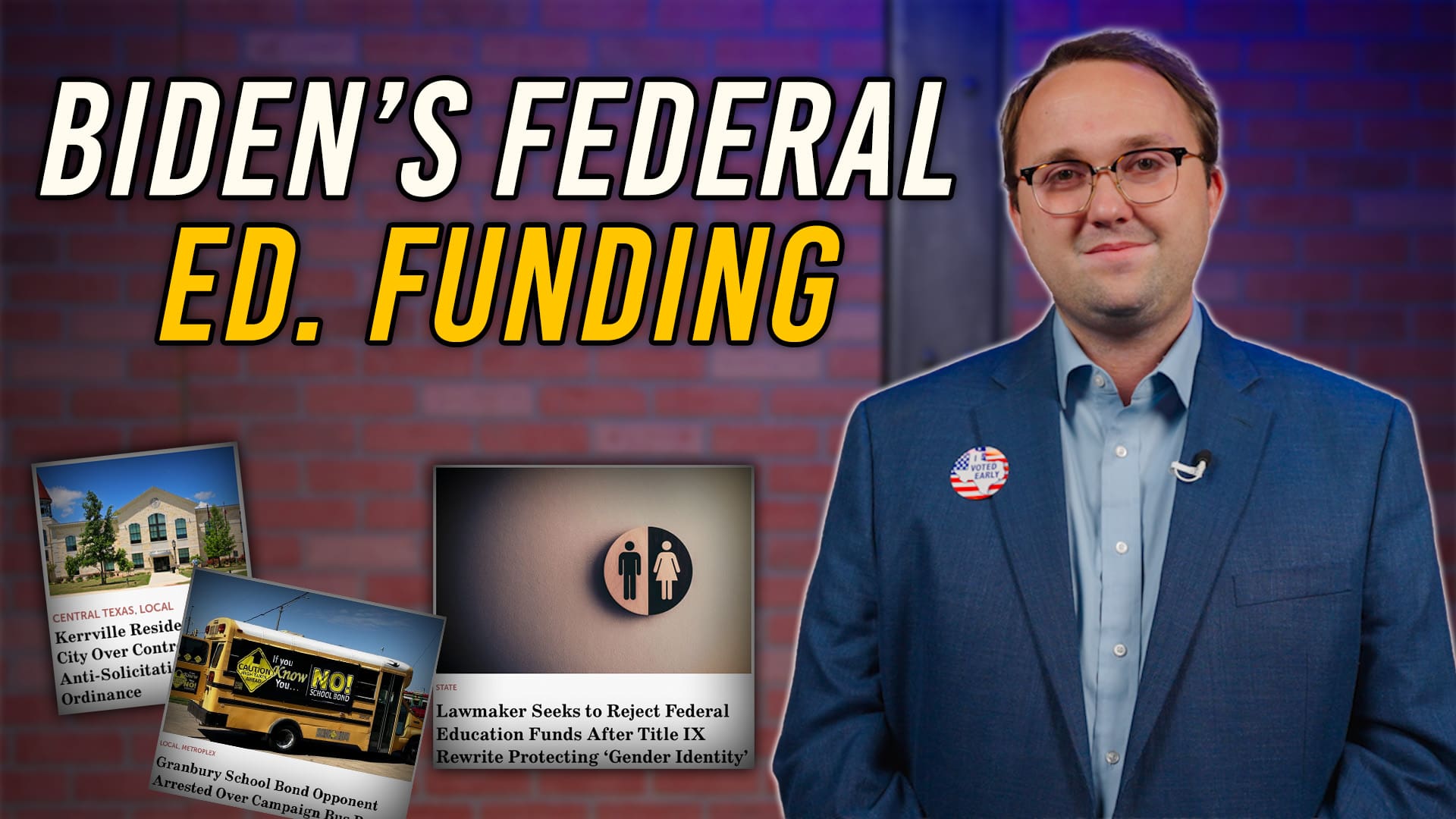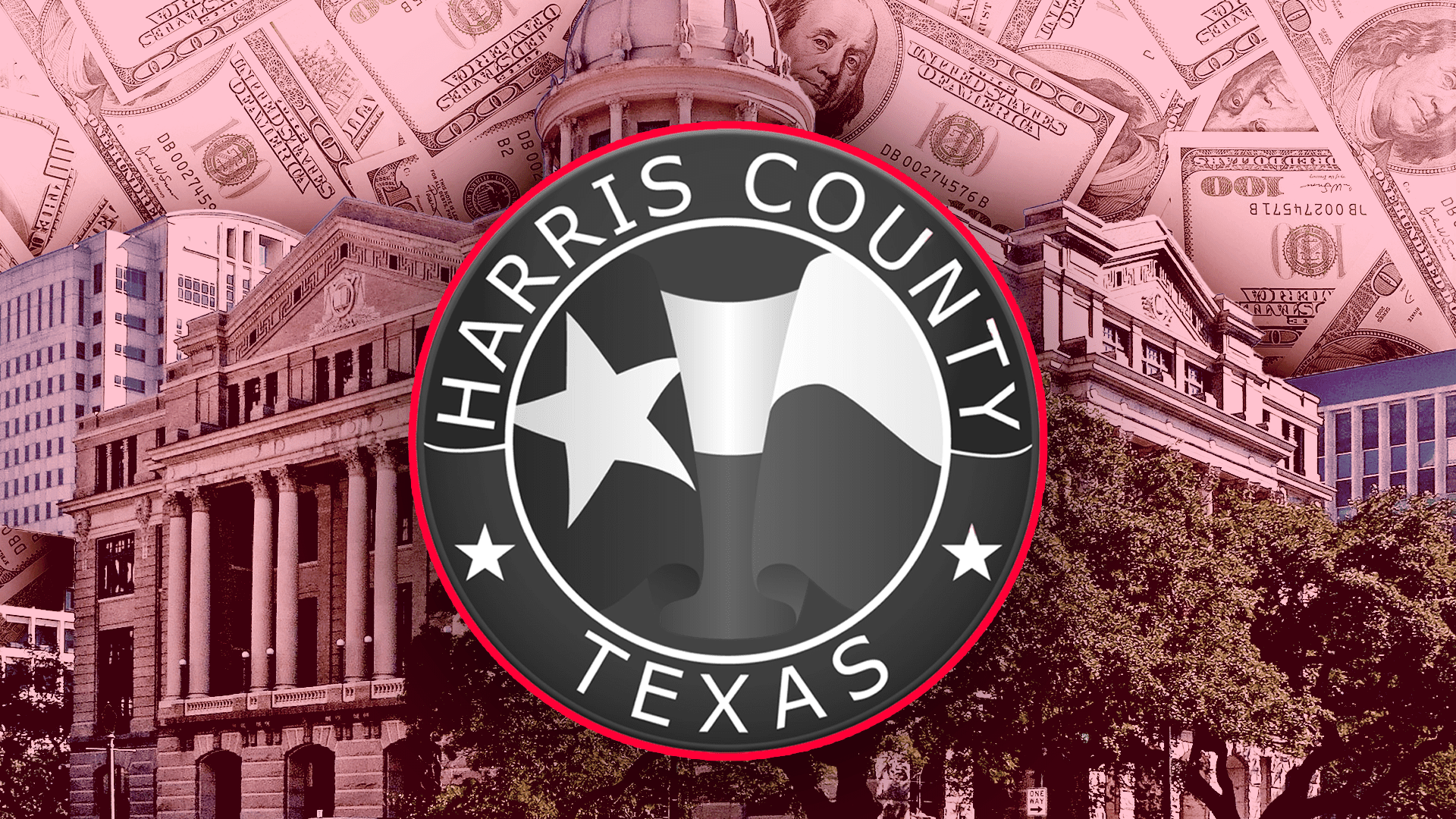In addition to every city council seat and the mayor’s office, voters this May will also decide on over a billion dollars in added debt to spend on various infrastructural projects around the city.
Earlier this year, San Antonio City Council voted to add approximately $850 million in debt-financed projects to the May ballot. To the city’s credit, the debt is split up amongst six individual ballot propositions – each with a different purpose – thereby allowing voters some discretion over the projects being put forward.
The six propositions, their purposes, and amounts are as follows:
Proposition 1: 64 total projects for streets, bridges, and sidewalks – $445,263,000
Proposition 2: 19 total projects for drainage and flood control improvements – $138,988,000
Proposition 3: 79 total projects for parks, recreation, and open space improvements – $187,313,000
Proposition 4: 13 total projects for library and cultural facilities improvements – $24,025,000
Proposition 5: 5 total projects for public safety facility improvements – $34,411,000
Proposition 6: unspecified number of neighborhood improvement projects – $20,000,000
While it is commendable that officials elected to split the projects into six different propositions, the concept of adding this much debt and the process by which it was advanced are not beyond reproach. City officials are duplicitously claiming that the total package will not result in an increase in property taxes for homeowners.
However, as Kenric Ward of Watchdog.org points out, the total package – at an estimated repayment cost of $1.3 billion once interest is included – will literally double the city’s tax-funded debt.
“From 2013 to 2016, residential property tax revenues in the city swelled 35 percent, according to the Bexar County Appraisal District. That’s better than a 10 percent annual increase totaling $140,182,000. Last year’s levy yielded $540,237,000 from residential properties alone. And there’s no sign of that slowing down,” Ward reports.
Essentially, they are playing the typical bureaucrat’s game of burying the truth of the bond’s repayment behind the “effective tax rate.” The percentage per square foot of valuation stays the same, while property values – and the bottom-line cost for homeowners – skyrockets.
“Taking new construction out of the equation, San Antonio raised $31,448,056 more in tax proceeds last year from existing residences,” Ward reports. “Riding higher appraised values, the city can boast it did not raise the tax rate. By ‘holding the line,’ tens of millions of dollars in additional property tax revenue roll into city coffers each year.”
This is not unlike what the City of Austin did recently with its massive bond project – deceptively referring to ‘tax impact’ instead of the actual total cost to the average homeowner. Using this method takes a general perspective towards a homeowner’s bottom-line, allowing officials to obscure actual costs.
In layman’s terms, it is a lot like a homeowner taking out a monthly car payment at the same time a mortgage for the same amount is paid off – the homeowner’s monthly discretionary income stays the same. There is no ‘impact’ – but that doesn’t mean the car was free.
So, playing their game and assuming that the proposed $1.3 billion in additional debt wouldn’t raise taxes, it follows then that simply not spending the money would result in a reduced burden for homeowners. How much, exactly, is not a question city officials are keen on entertaining.
“We don’t answer hypothetical questions,” a city spokeswoman told Watchdog.org when asked.
Well, perhaps if they did, the city’s understaffed and overextended emergency services sector wouldn’t have been as strained when four tornadoes recently hit the city. Perhaps they wouldn’t have violated the Texas Constitution by forcing newly annexed areas to pay for emergency services that are so inadequate that first responders’ radios can’t even reach the area.
Unfortunately, that’s precisely the kind of myopic approach to municipal management that results in resources being misallocated and leaves taxpayers holding the bag.




